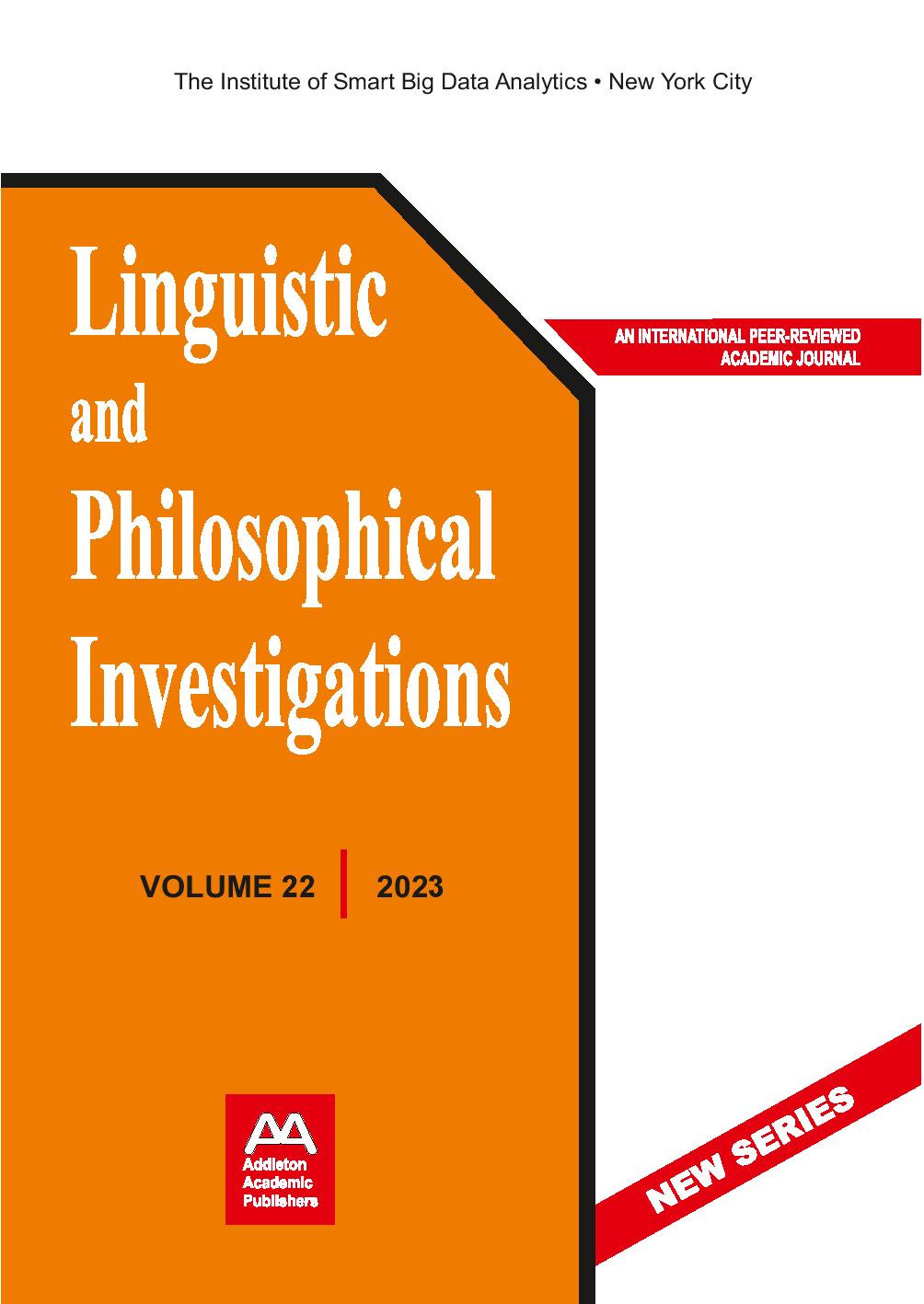Digital Twin and Metaverse Technologies, Cognitive Mapping and Navigation Tools, and Image Processing Computational and Object Tracking Algorithms in Immersive 3D Virtual Reality Environments
Digital Twin and Metaverse Technologies, Cognitive Mapping and Navigation Tools, and Image Processing Computational and Object Tracking Algorithms in Immersive 3D Virtual Reality Environments
Author(s): Kathleen PorterSubject(s): Evaluation research, Management and complex organizations, ICT Information and Communications Technologies
Published by: Addleton Academic Publishers
Keywords: digital twin and metaverse technologies; cognitive mapping and navigation tools; image processing computational and object tracking algorithms;
Summary/Abstract: Despite the relevance of biometric authentication and immersive visualization systems, spatial data mapping and simulation modeling tools, user identification technology and location data, and image recognition and visual perception algorithms, only limited research has been conducted on this topic. In this article, I cumulate previous research findings indicating that voice recognition software, virtual modeling technologies, data mining techniques, and multi-sensory extended reality shape immersive 3D worlds. I contribute to the literature on the metaverse interactive environment by showing that computer vision and spatio-temporal fusion algorithms, haptic and multisensory technologies, and cognitive computing and visual perceptive systems shape 3D interactive digital spaces. Throughout December 2022, I performed a quantitative literature review of the Web of Science, Scopus, and ProQuest databases, with search terms including “immersive 3D virtual reality environments” + “digital twin and metaverse technologies,” “cognitive mapping and navigation tools,” and “processing computational and object tracking algorithms.” As I inspected research published between 2022 and 2023, only 174 articles satisfied the eligibility criteria. By eliminating controversial findings, outcomes unsubstantiated by replication, too imprecise material, or having similar titles, I decided upon 33, generally empirical, sources. Data visualization tools: Dimensions (bibliometric mapping) and VOSviewer (layout algorithms). Reporting quality assessment tool: PRISMA. Methodological quality assessment tools include: AXIS, Dedoose, Distiller SR, and MMAT.
Journal: Linguistic and Philosophical Investigations
- Issue Year: 2023
- Issue No: 22
- Page Range: 179-195
- Page Count: 17
- Language: English
- Content File-PDF

